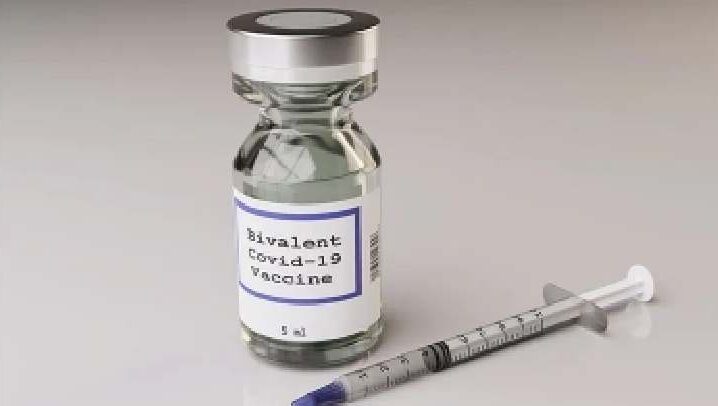New Delhi: Bivalent vaccines that target the newer Covid variants, particularly Omicron and sub-variants, performed well, according to two studies.
However, primary vaccines showed rapidly waning protection from SARS-CoV-2 infections in the post-Omicron era.
In a study published in the journal Open Forum Infectious Diseases, a team of Japanese researchers measured the effectiveness of bivalent (two-strain) Covid-19 mRNA vaccines against symptomatic infection during the BA.5-dominant period in Japan.
A total of 3,498 positive Covid-19 cases were identified, and BA.5 was estimated to be responsible for 75 per cent to 100 per cent of SARS-CoV-2 infections documented in the study.
This is one of the first studies to measure vaccine effectiveness of newer BA.4/BA.5-containing bivalent vaccines, which were developed in 2022 to target highly transmissible Omicron subvariants.
The study of 6,191 participants showed that the bivalent vaccine was 72 per cent effective against Omicron infection.
When broken down by subvariant targets in the bivalent vaccine, the effectiveness of the BA.1-containing bivalent vaccine was 65 per cent, while the efficacy of BA.4/BA.5-containing bivalent vaccine was 76 per cent.
When comparing the efficacy of bivalent vaccines against monovalent vaccines administered 3 to 6 months prior, the team found it to be 35 per cent.
However, the bivalent vaccines were found not as effective against the Omicron subvariants as the original, monovalent vaccines were against the ancestral strain (Alpha) and Delta variants (85 per cent to 95 per cent), the researchers noted.
“This is in line with immune imprinting against the ancestral strain as suggested in other studies,” they said.
In the second study published in JAMA Network Open, Italian researchers conducted a meta-analysis of 40 studies to determine the effectiveness of a primary vaccination cycle — involving the monovalent (one-strain) vaccine — against both laboratory-confirmed Omicron infection and symptomatic disease.
They found evidence that vaccine immunity waned quickly and significantly. Estimates of the efficacy of a primary vaccination cycle against laboratory-confirmed Omicron infection and symptomatic disease were both lower than 20 per cent at 6 months from the last dose.
In comparison, estimates show that effectiveness against symptomatic disease caused by the Delta variant was 79.6 per cent at 1 month after completion of the primary vaccination cycle.
Booster doses of vaccines temporarily raised vaccine efficacy against Omicron, but by 9 months after booster administration, it was once again lower than 30 to 20 per cent against laboratory-confirmed infection and symptomatic disease.
“The half-life of vaccine effectiveness against symptomatic infection was estimated to be 87 days for Omicron compared with 316 days for Delta. Similar waning rates were found for different age segments of the population,” the researchers said.
(IANS)


















